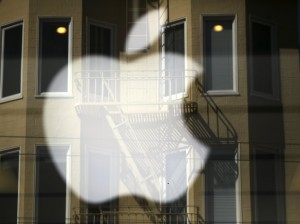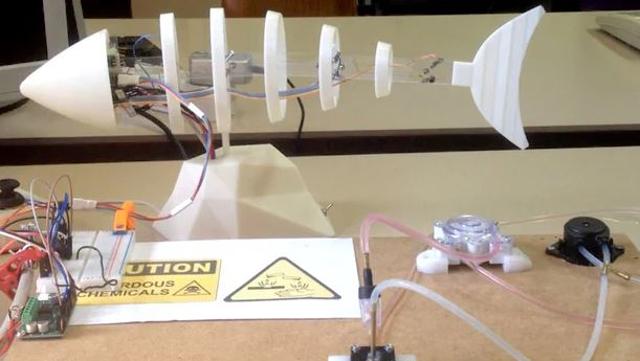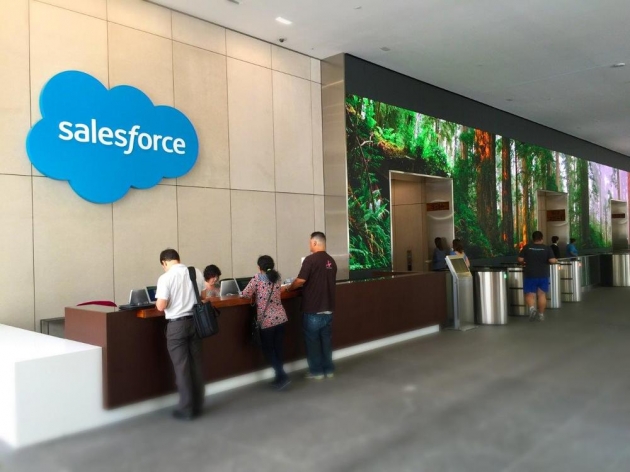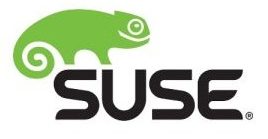 Regulators in Europe are investigating Apple over its relationship with record labels and digital music companies, the Financial Times reports.
Regulators in Europe are investigating Apple over its relationship with record labels and digital music companies, the Financial Times reports.
Regulators have sent out questionnaires to music companies to try and find out more about what Apple is doing with its upcoming streaming service.
The Financial Times says that the European Commission is “concerned that the company will use its size, relationships and influence to persuade labels to abandon free, ad-supported services such as Sotipfy.”
The implication seems to be that Apple’s rivals believe it is anti-competitive if Apple is able to sign up stars to exclusive contracts that prevent them from giving music to other companies.
Apple has lost this type of battle before. In the US, a federal court ruled the company had fixed the price of e-books after it signed publishers to contracts where they all agreed to sell titles for the same price.
Apple is planning launching its streaming service within iTunes this year, and it has been working hard on forming close relationships with the music industry.
The Beats Music acquisition brought Jimmy Iovine and Trent Reznor on board with Apple’s music project, and it has also poached BBC Radio 1 DJ Zane Lowe to head up its relations with musicians.
There has been no public announcement of a probe into Apple’s negotiations, but the fact that the European Commission is asking questions is a sign that there has been a formal complaint made by someone involved. Right now we don’t know who made the complaint, but the Financial Times says that some people suspect that a streaming site that offers a free tier may be the culprit.
If the European Commission does launch a probe into Apple then it could force a change in the law in Europe, and even issue a “hefty” fine.
European regulators have also been investigating Google over its dominance of the European search market. That investigation has been going on for years, but a new report says that regulators are weeks away from filing antitrust charges, which could lead to a fine of up to $6 billion.








